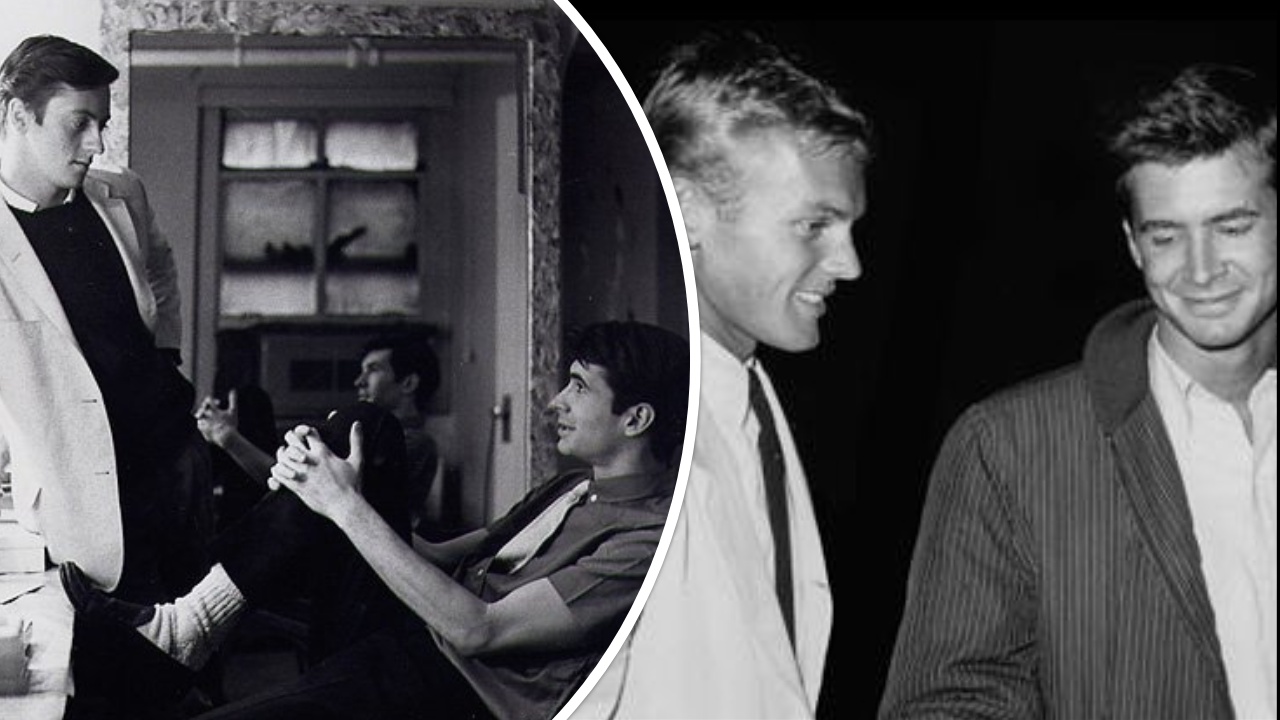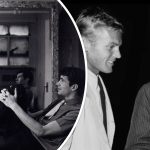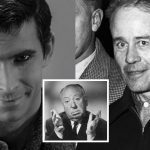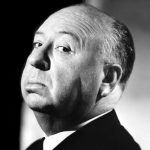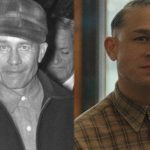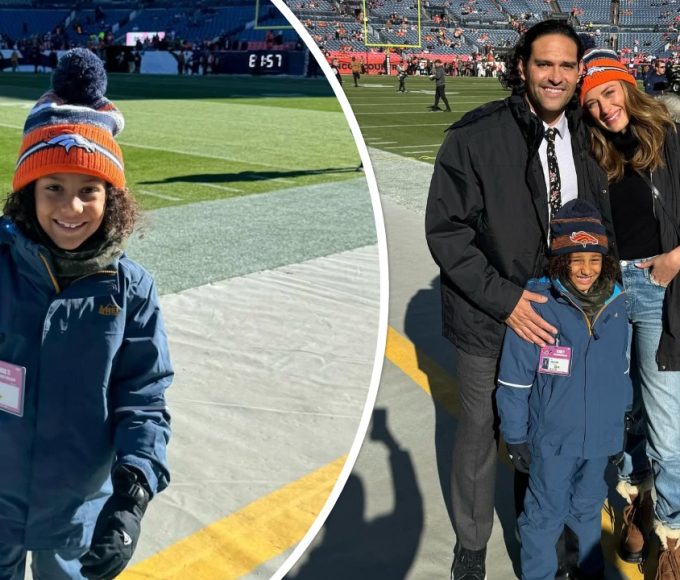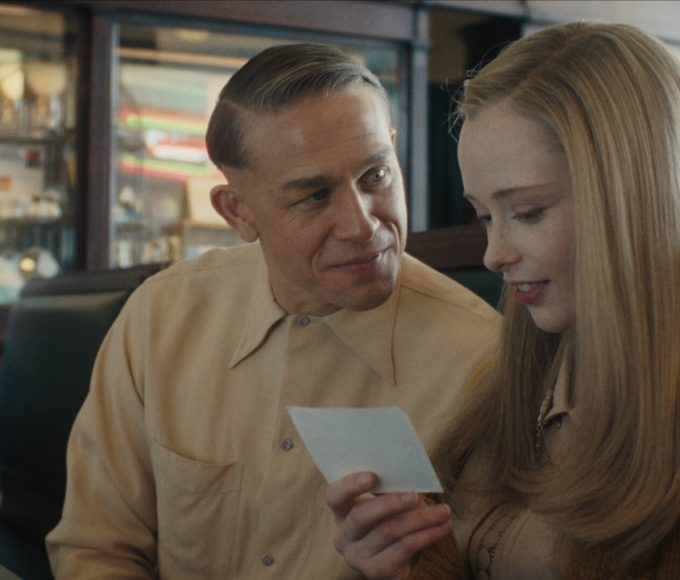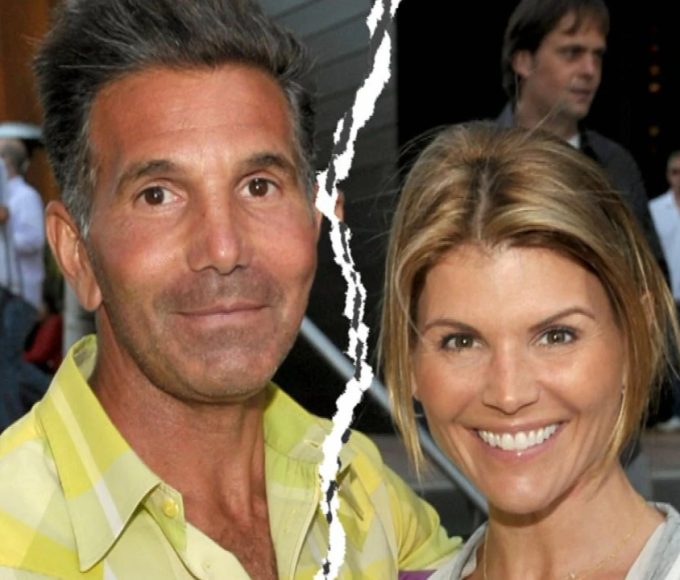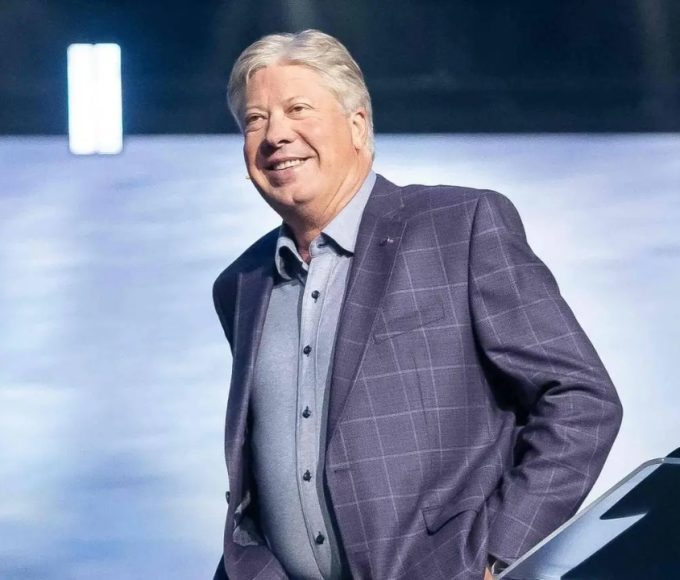While Anthony Perkins is forever remembered as the shy, menacing Norman Bates from Alfred Hitchcock’s Psycho, the man behind the iconic role led a complex and often hidden personal life. For decades, audiences have wondered how much of the actor’s own psyche went into that legendary performance. The story of Anthony Perkins’ sexuality is a poignant chapter from Hollywood’s history, marked by personal struggle, studio image-making, and a tragic end that reflects the pressures of a less accepting era. His journey reveals a constant tension between his true self and the persona he was forced to project for the sake of his career.
The question of his sexuality is answered by the historical record: Anthony Perkins was gay. For the first part of his adult life, he had relationships exclusively with men. His most documented romance was with fellow actor Tab Hunter, a relationship that lasted from approximately 1955 to 1959. After that, he was in a long-term partnership with actor and dancer Grover Dale from around 1964 to 1971.
Despite this, during the height of his fame in the 1950s and 60s, his public image was carefully managed. Studio executives, concerned about gossip and his career prospects, worked to present him as a heterosexual heartthrob. He was set up on dates with actresses and promoted in romantic films opposite stars like Sophia Loren and Jane Fonda in an attempt to, as some have described, “heterosexualize” his public image.
The Shadow of Norman Bates
Birthday boy Anthony Perkins (1932-1992) with Tab Hunter (1931-2018) the two had a secret gay romance pic.twitter.com/hUkACx30dk
— jaradon (@jaradon2) April 4, 2025
The role of Norman Bates in 1960’s Psycho would forever change Perkins’ life and career. It is widely believed that director Alfred Hitchcock was aware of Perkins’ sexuality and that this knowledge influenced his casting decision. The director, known for his meticulous planning, likely saw in Perkins the ability to bring an authentic, unsettling ambiguity to the character. In his performance, Perkins infused Norman with a nervous, effeminate quality that aligned with the era’s harmful stereotypes about gay men.
His son, Oz Perkins, later acknowledged this, stating, “Hitchcock knew that my father was queer, and that was sort of a motivator in hiring him for the part.” The performance was so powerful and iconic that it ultimately typecast Perkins. He could no longer be seen as the romantic lead; from that point on, audiences and studios largely saw him as the villain. His son Oz poignantly reflected that Psycho was like his father’s “coming out and his funeral at the same time.” The role had showcased a profound truth about his acting, but it also trapped him, making it impossible for him to be seen as anything else.
A Search for Change and a Family
Anthony Perkins & his boyfriend & dancer Grover Dale pic.twitter.com/fnRQq5PsUW
— 𝔻𝔸𝕄𝕄𝕀𝕋 (@DammitTees) March 28, 2018
Professionally typecast, Perkins also struggled personally with his sexuality in an industry and era that were largely intolerant. He sought psychoanalysis in an attempt to change his orientation. According to accounts, this therapy even included electroshock treatment and a directive for him to have physical relationships with women. It was during this period that he began a relationship with actress Victoria Principal and later with photographer Berry Berenson.
Perkins and Berenson married in 1973 when he was 41 years old, and they had two children together. Friends of the couple and Berenson herself admitted to some initial skepticism about the marriage, but they remained together until his death. This chapter of his life has been interpreted by many as an attempt to find happiness and conformity through a “cure” for his homosexuality, a painful reflection of the social pressures of the time.
Tragedy marked the end of Perkins’ life. In 1990, he was diagnosed with HIV after the National Enquirer illegally obtained and tested his blood, then published a story claiming the Psycho star had the virus. He died from complications of AIDS on September 12, 1992, at the age of 60. In a final, cruel twist of fate, his widow, Berry Berenson, died aboard American Airlines Flight 11 when it was flown into the World Trade Center on September 11, 2001.
33 years ago today, Anthony Perkins passed away from AIDS related complications (then 60 y/o). RIP goat pic.twitter.com/udUgaAIjau
— anthony perkins PR (@perkinsdaily) September 12, 2025
Anthony Perkins’ story is thus more than a simple footnote about his sexuality. It is the story of a man whose most famous role eerily mirrored his own hidden life, a talented actor whose career was both defined and confined by prejudice, and a reminder of the very real human cost of a time when being true to oneself was often an impossible risk.


